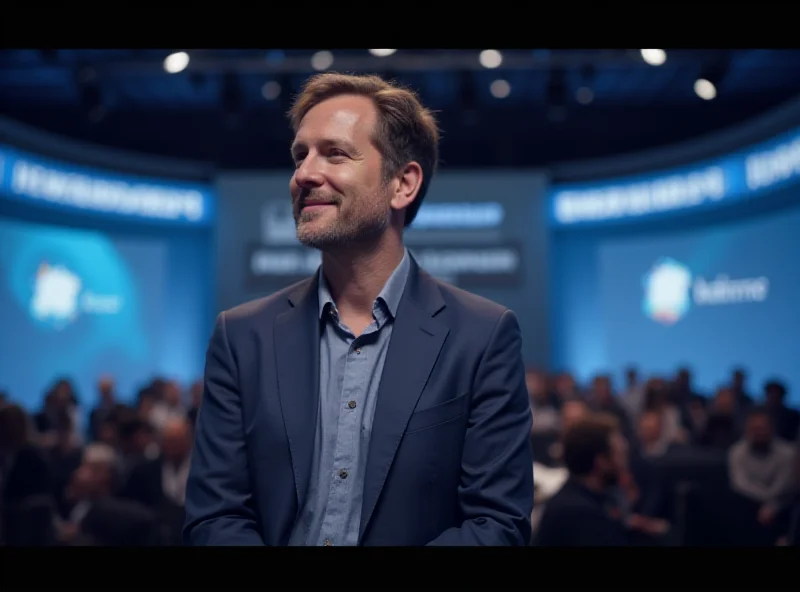The world of AI in business is rapidly evolving, with companies exploring different strategies to leverage its power. Recently, Klarna CEO Sebastian Siemiatkowski took to X to discuss his company's decision to replace Salesforce's CRM with its own AI system. However, he expressed doubt that other companies would, or should, follow suit.

Klarna's Unique Path
Siemiatkowski's explanation comes a year after Klarna made the switch. While he acknowledges the benefits for Klarna, he doesn't believe a similar move is universally applicable. "We built something tailored for our specific needs," he stated. This suggests that Klarna's decision was driven by unique circumstances and a desire for a highly customized solution.
This bold move highlights a growing trend of companies exploring in-house AI solutions to address specific challenges. However, it also underscores the complexity and resource-intensive nature of developing and maintaining such systems.
Salesforce's AI Advancement
In contrast to Klarna's bespoke approach, Salesforce is doubling down on its AI offerings with the introduction of Agentforce 2dx. This upgrade empowers AI agents to operate more proactively and autonomously across enterprise systems.

Agentforce 2dx promises significant cost savings and productivity gains for businesses by automating tasks without human intervention. "The goal is to streamline workflows and free up human employees to focus on more complex and strategic initiatives," a Salesforce spokesperson explained.
The Future of AI in Business
Salesforce's recent "State of IT" report reveals that many organizations are eager to discover "new uses" for AI. Agentic AI, in particular, is generating considerable excitement among software development leaders.

The diverging strategies of Klarna and Salesforce illustrate the multifaceted nature of AI adoption. While some companies may opt for highly customized, in-house solutions, others are embracing platform-based AI tools to enhance productivity and efficiency. The optimal approach likely depends on a company's specific needs, resources, and long-term goals.
Ultimately, the key is to understand the potential of AI and to strategically deploy it in a way that aligns with the organization's overall objectives. Whether that means building a custom system or leveraging existing platforms, the future of business is undoubtedly intertwined with the continued evolution of artificial intelligence.
"The future of business is undoubtedly intertwined with the continued evolution of artificial intelligence."
